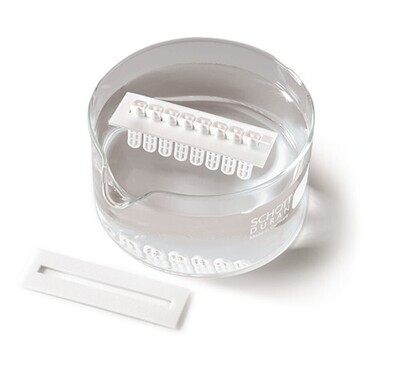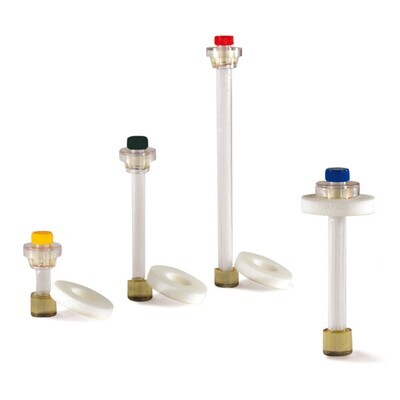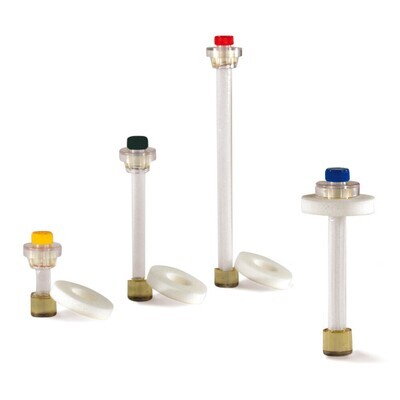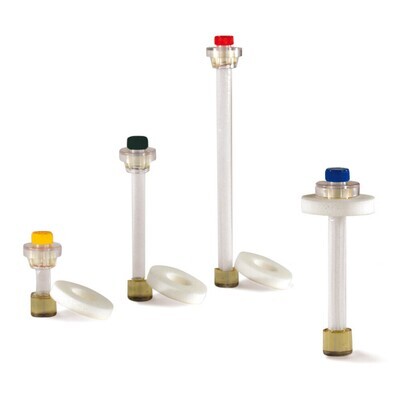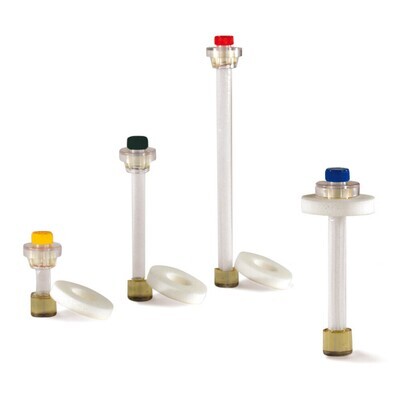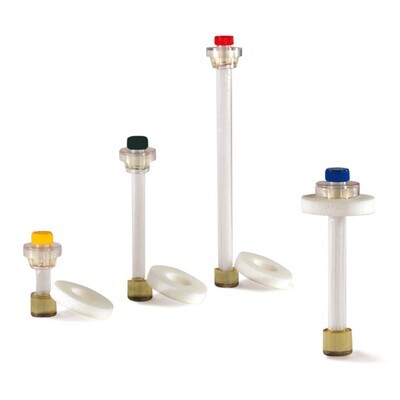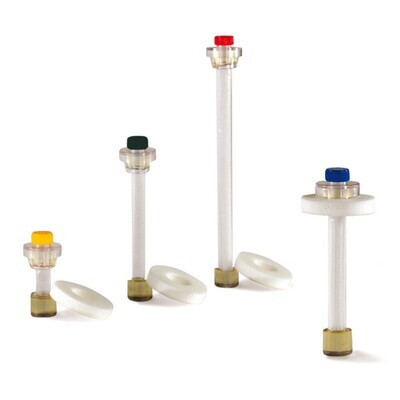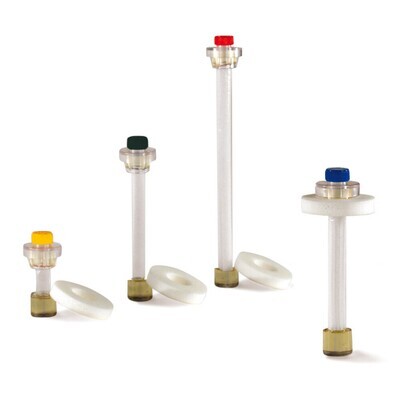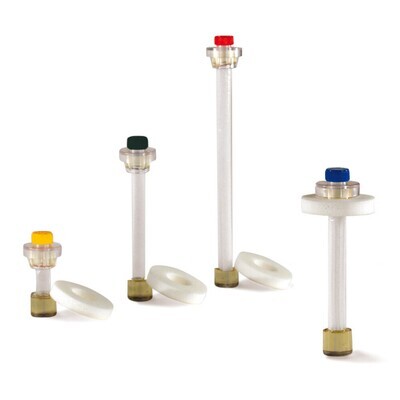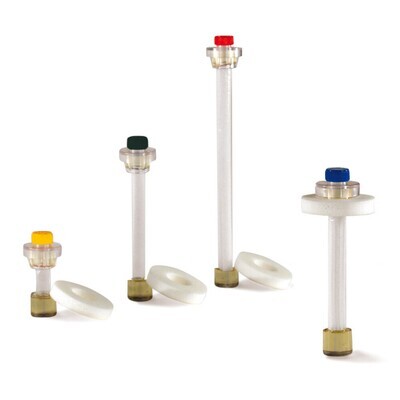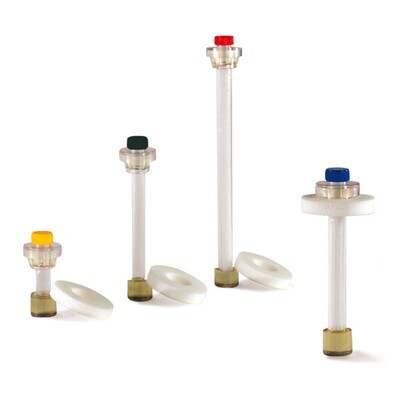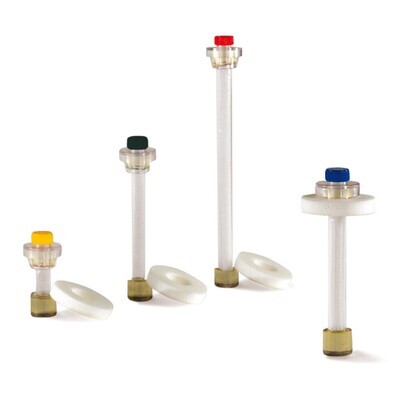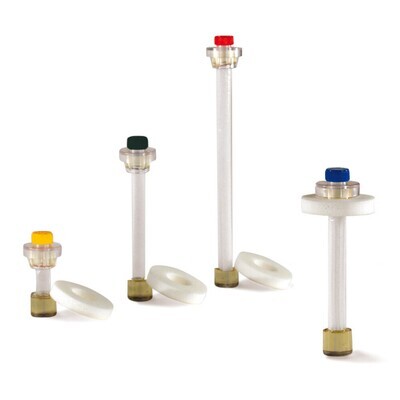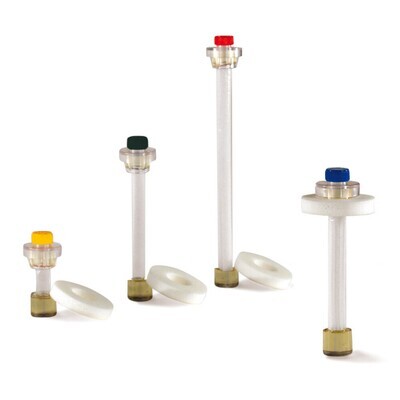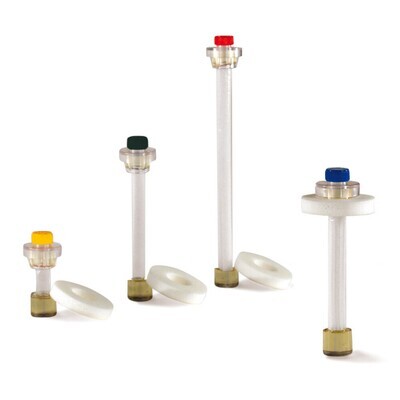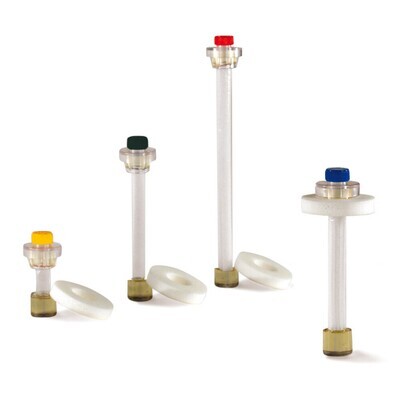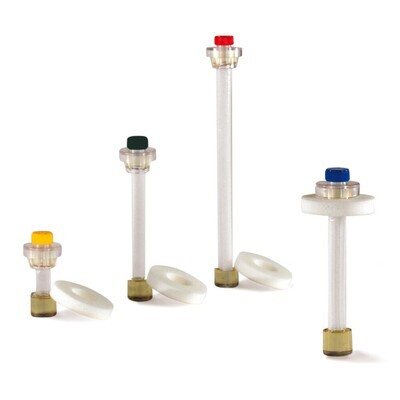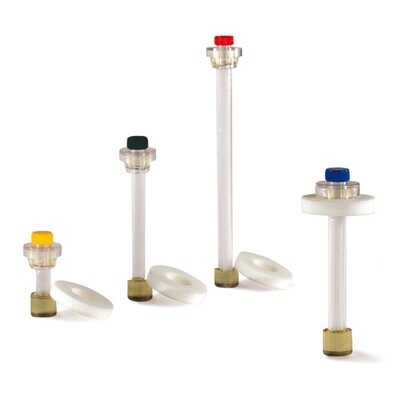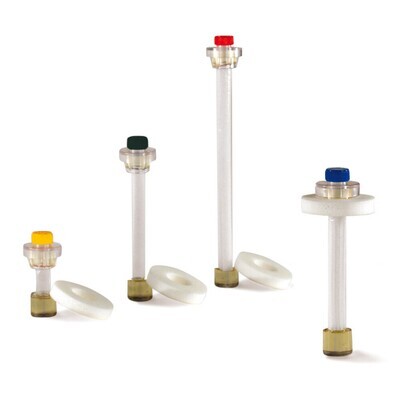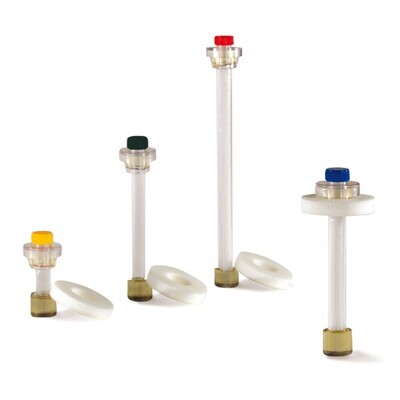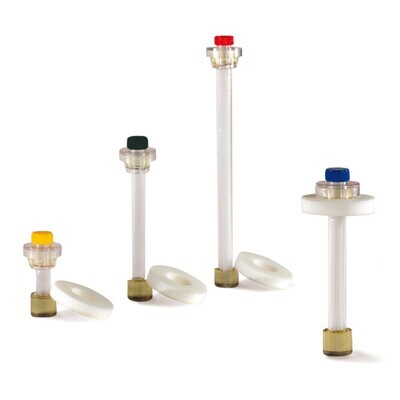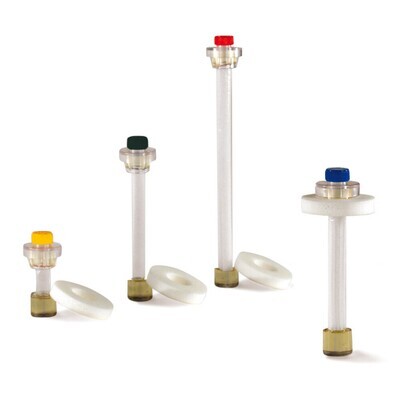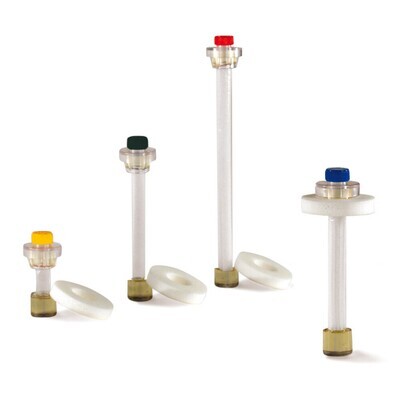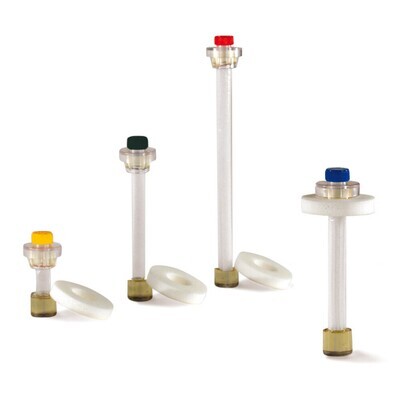Dialysis systems
Dialysis is a life-saving treatment for people with kidney failure. It is a process of purifying the patient's blood of harmful substances that are normally removed by the kidneys. Dialysis systems use an artificial membrane, which acts as a filter, to remove waste products and excess fluid from the blood. This process is called hemodialysis.
The dialysis system consists of several components, including a dialysis machine, a dialysis fluid and a dialysis membrane. The dialysis machine is the heart of the system and controls the flow of blood and dialysis fluid through the membrane. The dialysis fluid, also called dialysate, contains a specific composition of salts and minerals that help remove waste products from the blood. The dialysis membrane acts as a barrier that allows only small molecules and waste products to pass through, while retaining blood cells and proteins.
Dialysis systems are designed to work safely and effectively, with advanced technologies that optimize treatment. Modern systems have features such as automatic blood pressure monitoring, temperature control and alarm systems to detect any complications during treatment. These advanced features ensure accurate and reliable dialysis treatment, improving patient health and well-being.
The importance of dialysis systems cannot be overstated. For people with kidney failure, dialysis is often the only option to prolong their life and relieve the symptoms of the disease. Without dialysis, waste products would accumulate in the body, which can lead to serious complications and even death. Dialysis systems offer patients the opportunity to live relatively normal lives while receiving regular dialysis treatments.
Furthermore, dialysis systems have a huge impact on healthcare in general. They enable medical professionals to effectively treat kidney failure and improve patients' quality of life. Dialysis centers around the world rely on these systems to provide life-saving treatments to thousands of people suffering from kidney disease.
In conclusion, dialysis systems are indispensable in the medical world. They play a crucial role in the treatment of kidney failure and offer patients the opportunity to experience a better quality of life. With advanced technologies and features, these systems ensure safe and effective dialysis treatments. Thanks to dialysis systems, patients with kidney failure can hope for a healthier and longer life.

